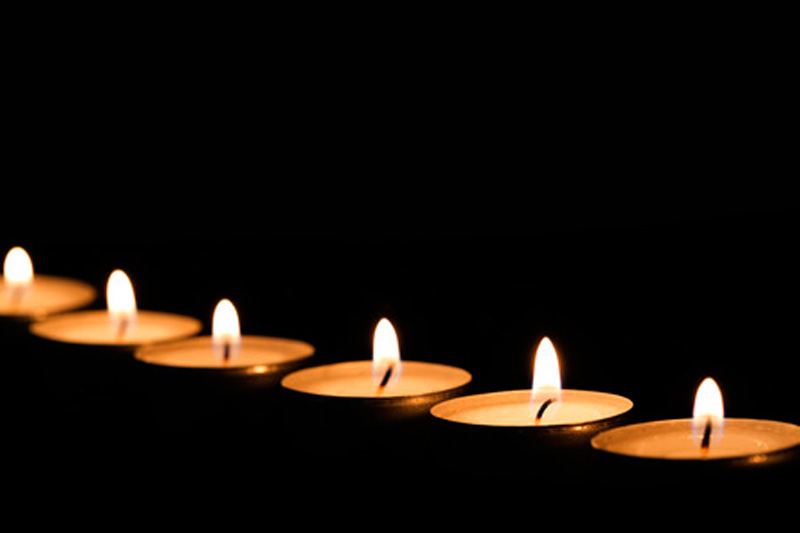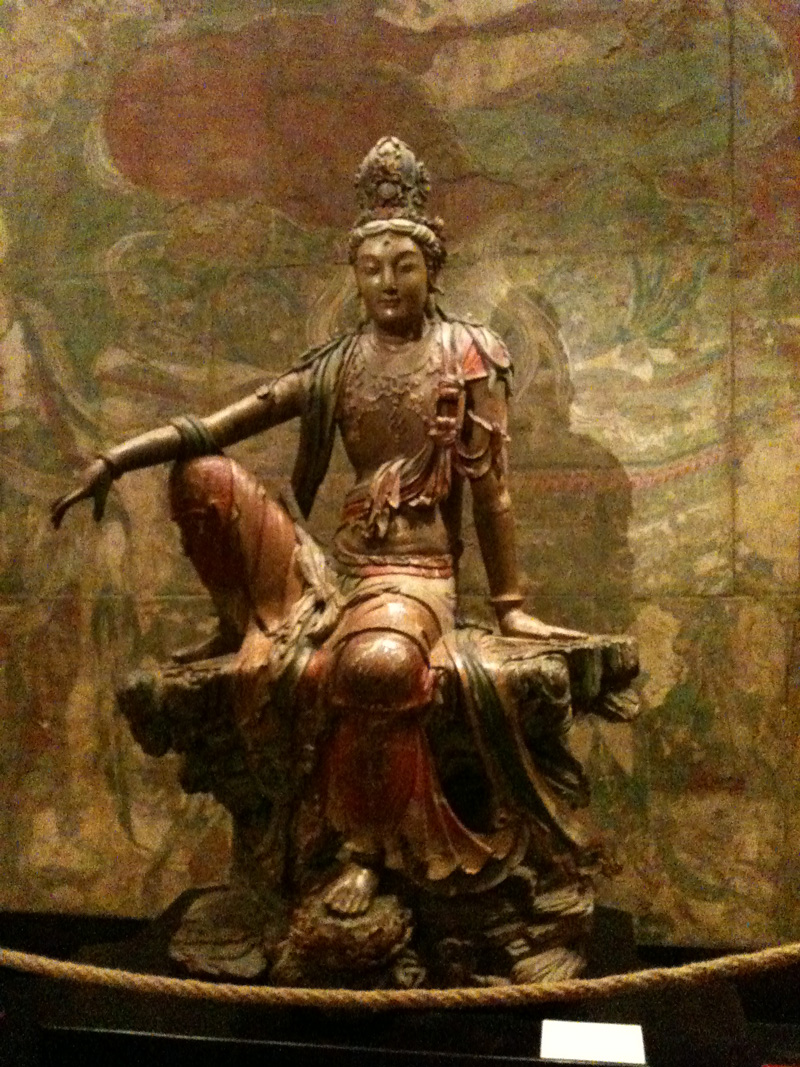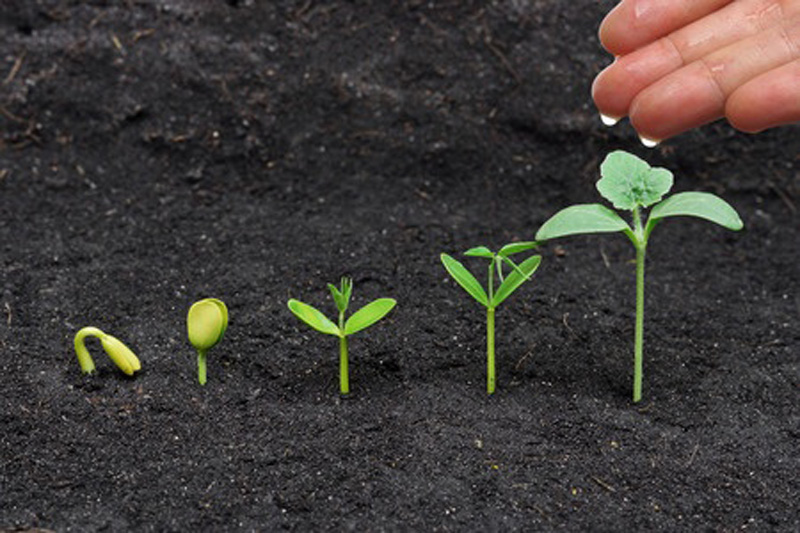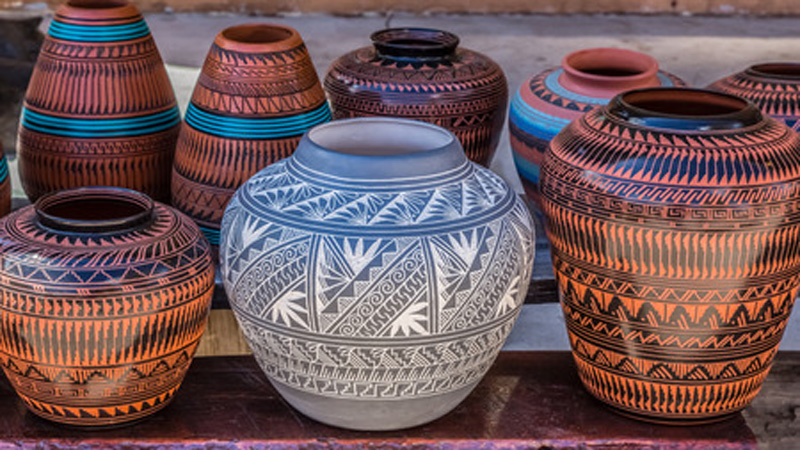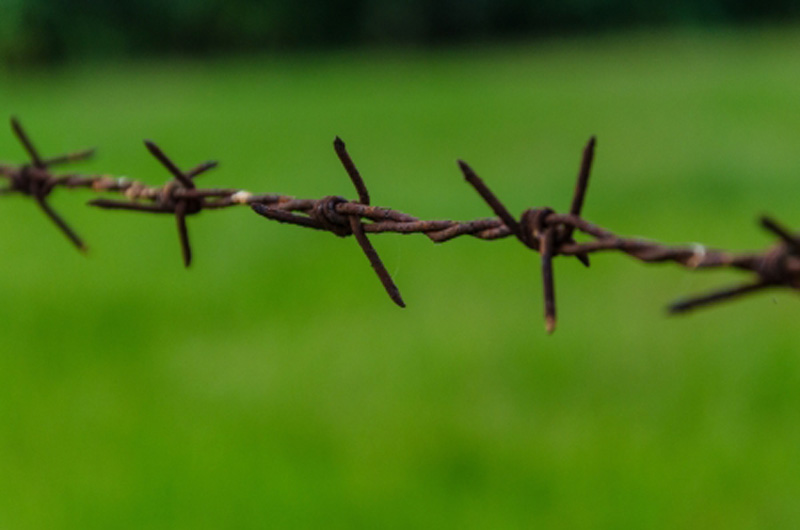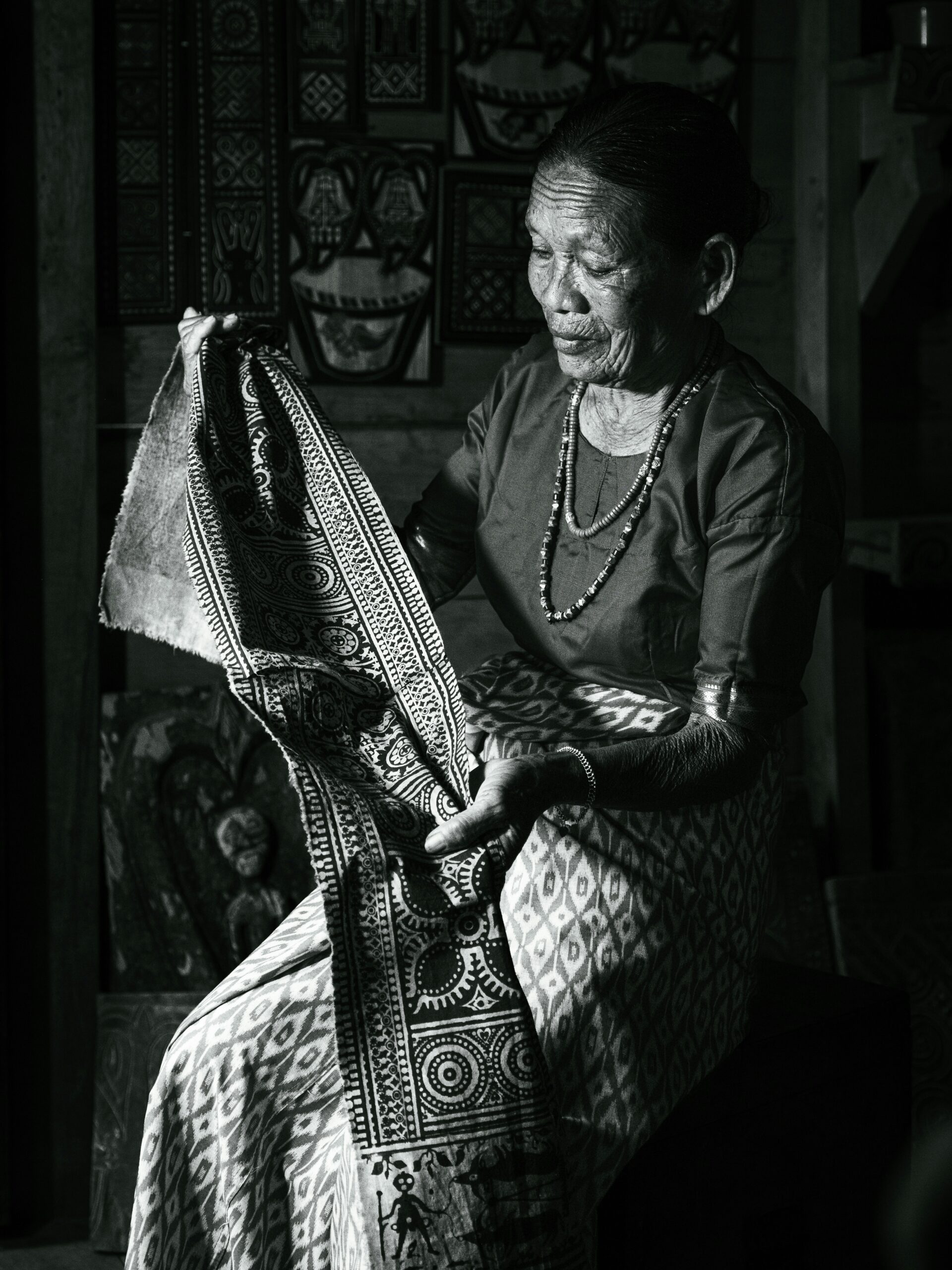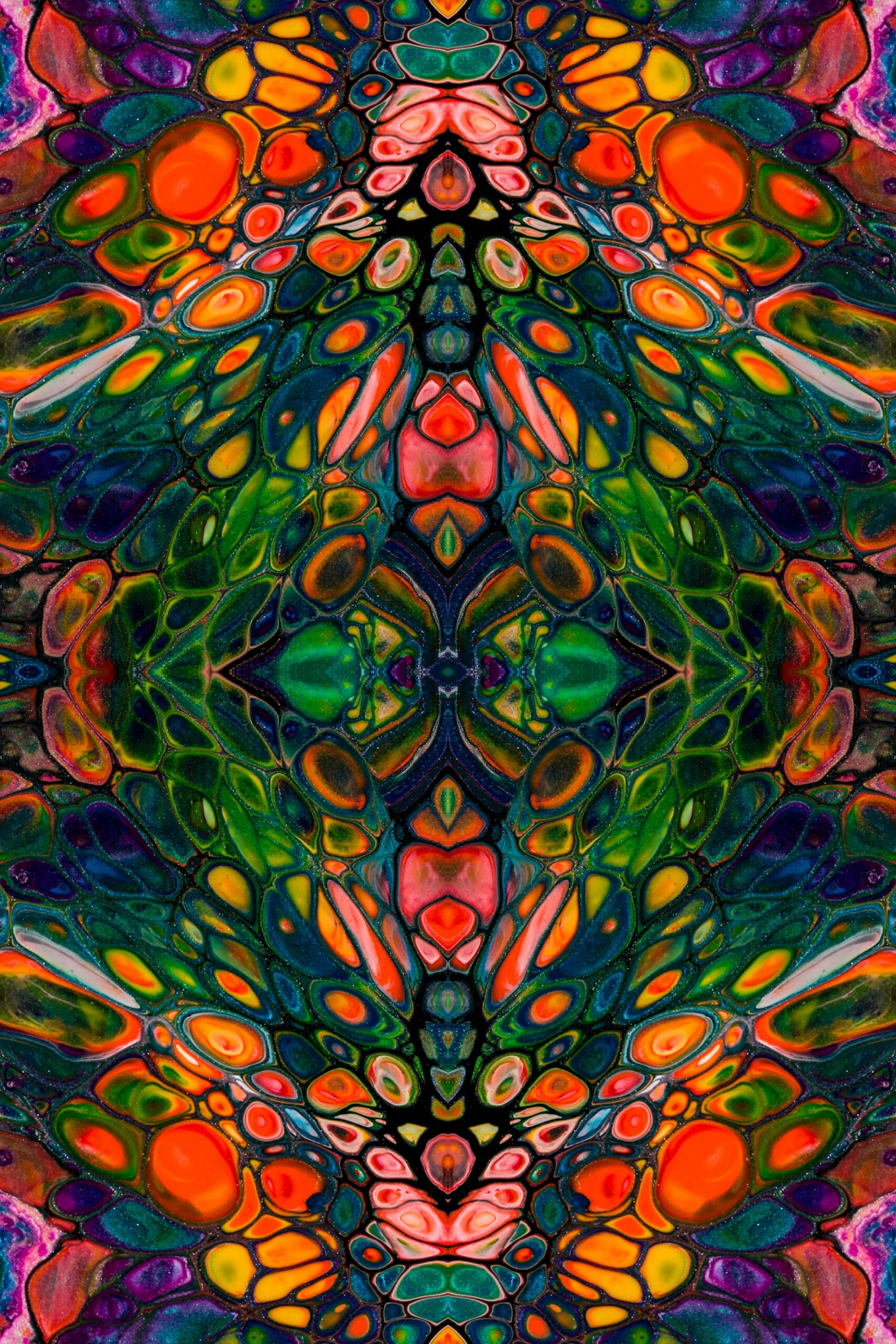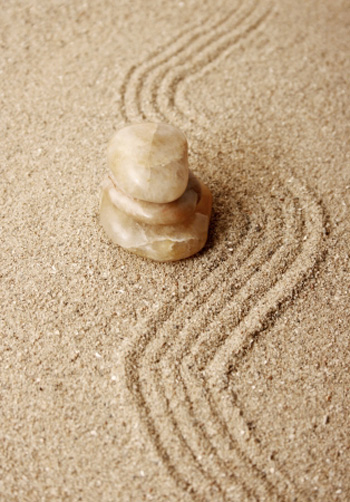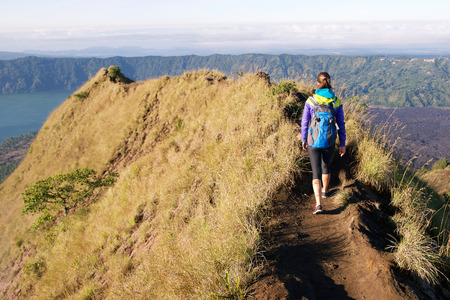Heart Sutra Workshop
Series
Ken McLeod turns the Heart Sutra into a lived experience, guiding participants through meditations and inquiries that dissolve the usual boundaries of self and knowing. He emphasizes two modes of practice—resting and looking—teaching how to stay in experience and look within it, rather than stepping back to observe. As students learn to rest in the messiness of their own lives, they discover that “things start to take care of themselves.”
